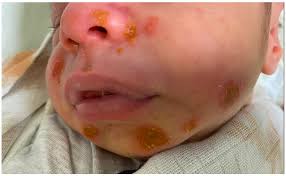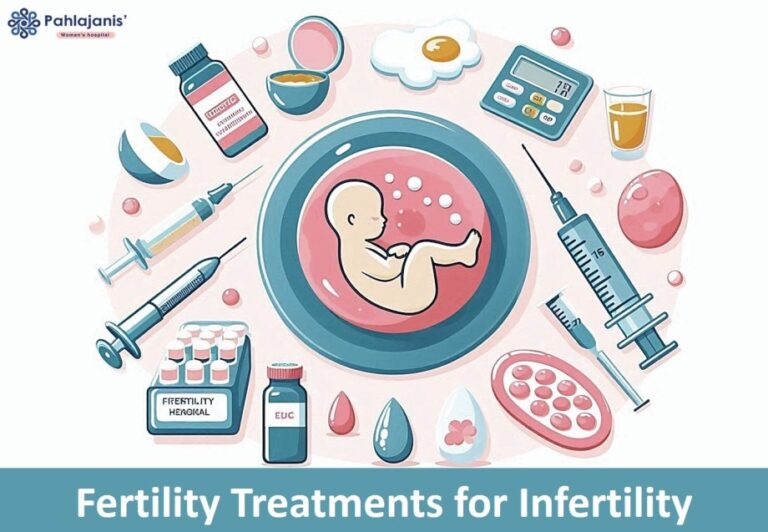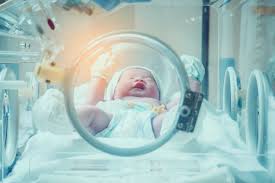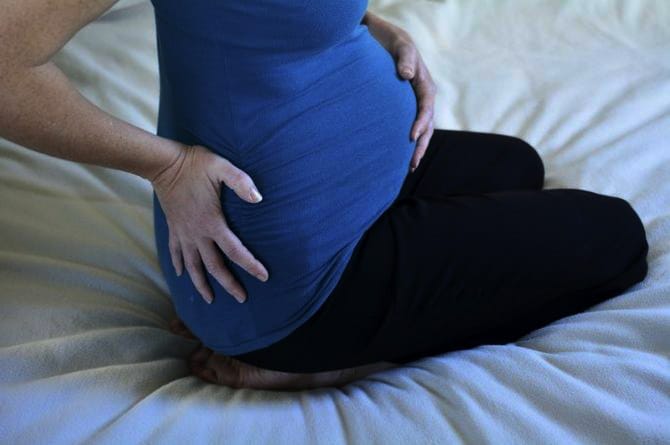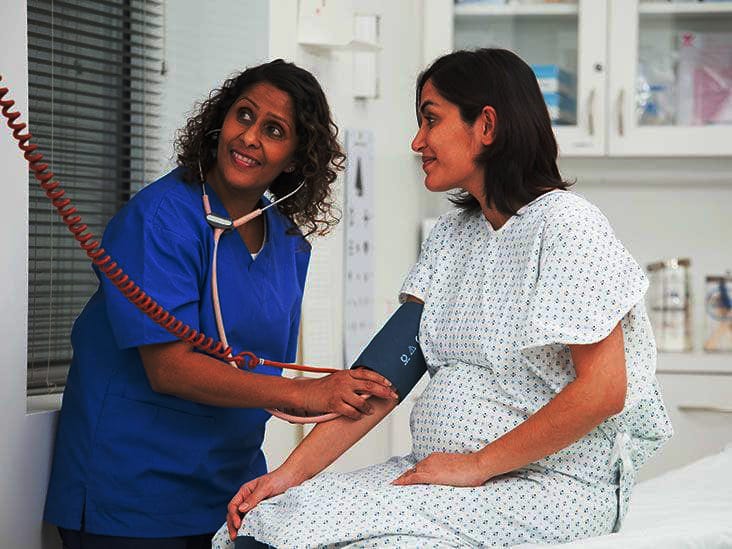Postpartum Diarrhea
Postpartum diarrhea can be a painful experience, especially if you’re already dealing with the demands of a newborn. Being aware of possible causes and coping mechanisms will help you handle the situation more skillfully.
Causes of Postpartum Diarrhea
- Changes in Diet
- Dietary Adjustments: Many pregnant women make dietary changes, either voluntarily or as a result of cravings and aversions. Resuming a pre-pregnancy diet or introducing a new diet soon after birth can cause intestinal distress. Additionally, if your body isn’t used to these foods, focusing on dairy products or high-fiber foods to avoid constipation can cause gastrointestinal problems.
- Nutritional Supplements: After giving birth, some women decide to resume or start new prenatal vitamins, which can occasionally lead to digestive problems, including diarrhea.
- Hormonal Changes
- Postpartum Hormonal Changes: As your body restores itself to its pre-pregnancy state, after childbirth, it experiences significant hormonal changes. After increasing during pregnancy, progesterone and estrogen levels suddenly decrease. It is likely that diarrhea is a result of hormonal changes that affect the gastrointestinal (GI) tract. Progesterone and other hormones can affect bowel movements, and sudden changes in bowel movements can interfere with regular bowel movements.
- Breastfeeding
- Changes Associated with Breastfeeding: Although less frequent, the high energy requirements and altered metabolism associated with breastfeeding can occasionally lead to digestive disorders. Stomach upset can sometimes occur as a result of breastfeeding mothers’ frequent feelings of hunger and thirst, prompting them to eat and drink more.
- Dehydration: Breastfeeding increases the amount of fluid needed. Dehydration, which can sometimes manifest as diarrhea if the body is trying to eliminate waste too quickly, can result from insufficient fluid intake.
- Infection
- Gastrointestinal Tract Infections: After birth, your immune system may be compromised, making you more prone to bacterial, viral, or parasitic infections that can result in diarrhea. Additionally, interactions with people who may be infected or exposure to unfamiliar environments such as hospitals may increase risk.
- C. Difficile Infection: Clostridium difficile (C. diff) infection can cause very severe diarrhea and can occur in certain situations, especially after the use of antibiotics. This is more likely to happen if you have taken antibiotics, which can alter the natural flora of the gut, or if you have recently been hospitalized.
- Stress and Anxiety
- Physical and Emotional Stress: Physical recovery, lack of sleep, and the responsibilities of caring for a newborn can affect the postpartum period. Anxiety and stress have a major impact on the digestive system and can sometimes cause diarrhea. This response is a result of the gut-brain axis, which shows how emotional stress can affect gut function and cause symptoms like diarrhea.
- Postpartum Depression or Anxiety: Because mental health disorders can affect the body’s stress response, they can make gastrointestinal symptoms, such as diarrhea, worse.
- Medications
- Postpartum Medication: After childbirth, a variety of medications are often taken, including stool softeners, pain relievers (such as ibuprofen), and antibiotics in case of infection or C-section. Diarrhea is one of the side effects that these drugs can occasionally cause. For example, diarrhea can result from medications that disrupt the balance of beneficial bacteria in the gut.
- Supplements with Iron: To combat anemia after childbirth, some women take supplements with iron. Although iron usually constipates people, it can also cause diarrhea in some people, especially if taken without food.
Treatment of Postpartum Diarrhea
- Relaxation and Stress Management: You can reduce the symptoms of stress-related gastrointestinal disorders by taking some time to relax and manage your stress. You can do this by practicing relaxation techniques, doing light exercise, or consulting a mental health professional.
- BRAT Diet: Bread, rice, applesauce, and bananas make up the BRAT diet, which is a light meal that helps ease digestion and strengthen stools. Avoiding foods that are high in fat, spices, or dairy may also help.
- Probiotics: If you’re taking antibiotics and your gut doesn’t have the balance of good bacteria, adding probiotics, either in pills or in foods like yogurt, can help balance this out.
- Hydration: Maintaining adequate hydration is important, especially for breastfeeding mothers. Increasing fluid intake with water, clear broth, or oral rehydration therapy is essential because diarrhea can cause dehydration.
When to Get Medical Help
- Symptoms of Infection
Infections that are more serious and require medical treatment may manifest as symptoms such as a high fever, blood or mucus in the stool, or painful abdominal pain.
- Dehydration
Lightheadedness, decreased urination, dry mouth, and extreme thirst are signs of dehydration that need to be treated immediately, especially after birth.
- Persistent Diarrhea
See a doctor if your diarrhea gets worse or lasts more than a few days. Dehydration and malnutrition can result from persistent diarrhea, especially in breastfeeding mothers.
Conclusion
Most of the time, postpartum diarrhea is temporary and easily controlled with dietary changes and plenty of fluids. If your symptoms are severe or persistent, or if you are worried, it is advisable to talk to a health care professional.


